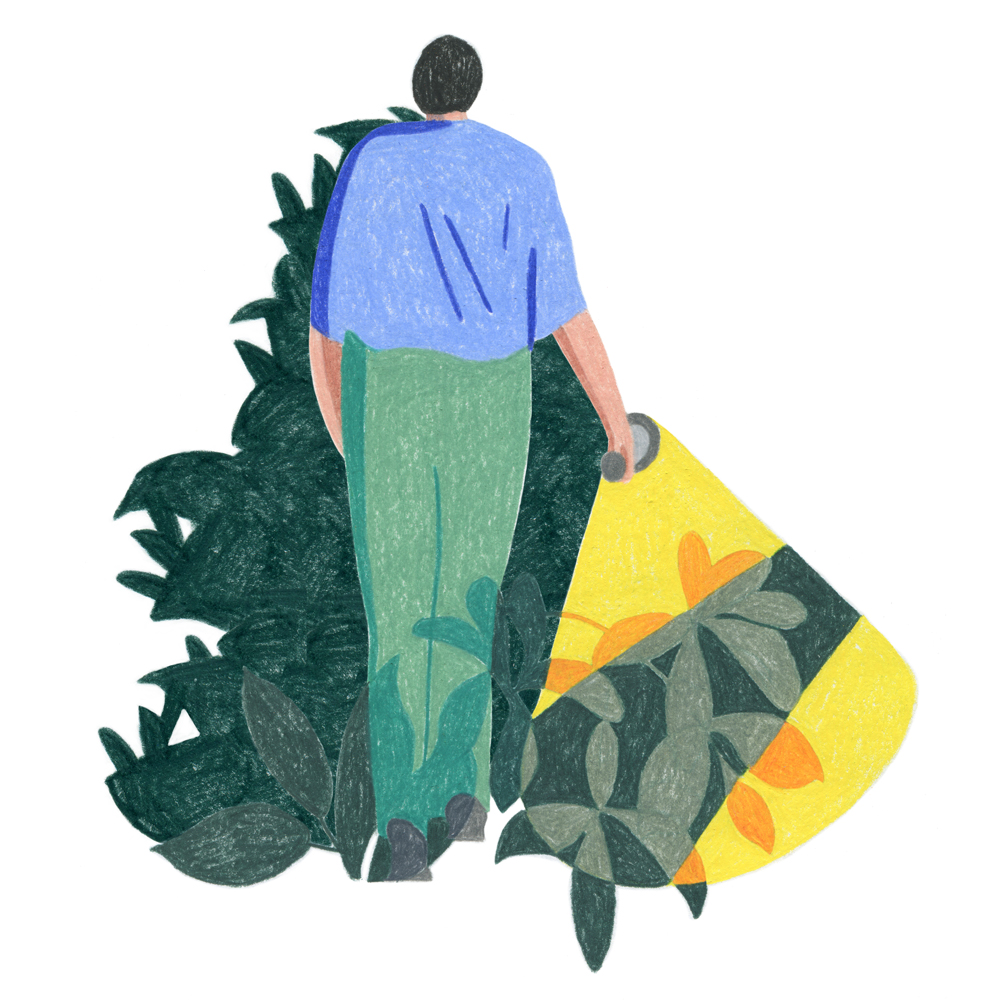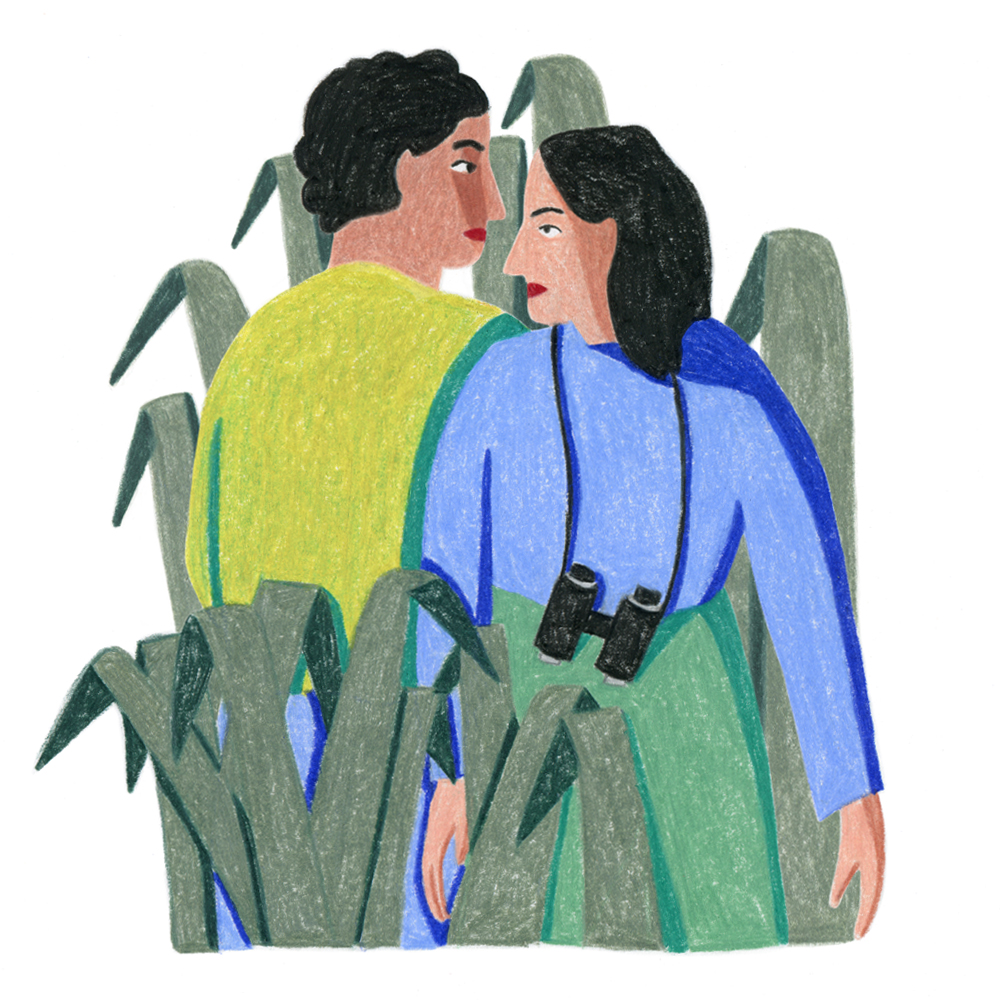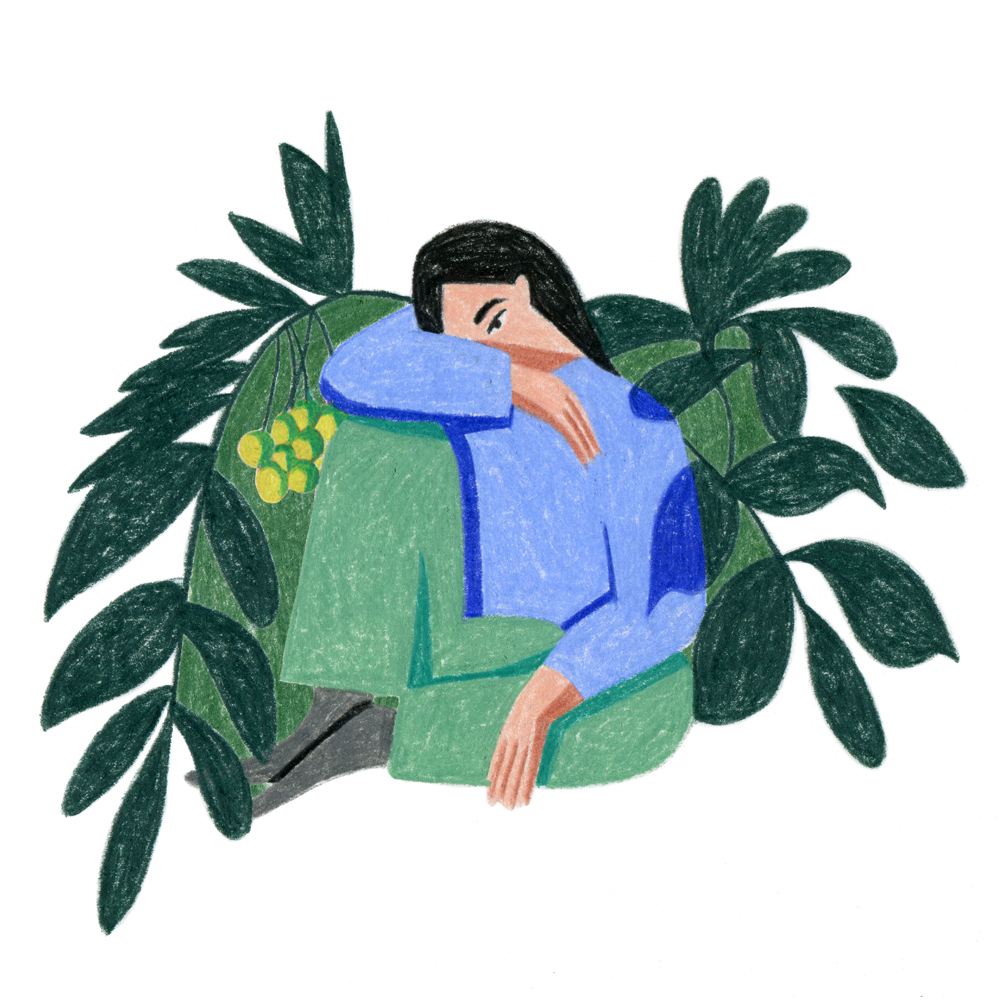Going above and beyond: Explorer Scouts
At 14 to 18 years old, Explorer Scouts are more likely than any probably other section to come up against age-related challenges. Biologically, hormones are erratic during this period, meaning many teenagers gravitate towards behaviours like emotional extremes, becoming susceptible to peer pressure, negative risk-taking, weaker impulse control and lower levels of empathy.

Socially, there’s also tremendous pressure for young people this age to decide what they want to do for the rest of their lives – and the kind of adults they hope to be.
In this series, we explore the type of issues young people in each section might be facing and how we can best support them. As Scouts reaches more vulnerable young people, as well as those from different cultural backgrounds, it’s vital that we become aware of what could be going on in their lives.
Fears about the future
Who hasn’t asked a young person the ice-breaking question, ‘What do you want to be when you grow up?’ We’re all guilty of it, yet few of us know the answer to the question – even once we’re grown up! It can be a really difficult topic if you’re feeling lost or unsure.
In addition to the usual pressure from school and family, today’s teenagers also have to deal with pressure via social media to know what they want to do, and to be successful at it. We want to help young people avoid becoming NEET (not in education, employment or training), without adding to any future-related anxiety.
Opportunities to help:
Young people need to know that it’s okay to be unsure about their future. Some of the jobs they end up doing may not have even been thought of yet –few social media managers probably thought they’d end up in that career when they were at school, for example. Lots of people also change careers throughout their lives: young people need to know that they can change their mind if they realise a path isn’t right for them. Give young people the space to voice their feelings, and reassure them if they’re worried.
In a blog on dealing with stress, Scout Ambassador Megan Hine says, ‘At a time in life when the body and mind are already going through a lot of changes hormonally, it is crucial that young people are supported in finding their own path rather than feeling pressured into the path society or others believe they should take.’ If someone’s unsure of what they want to do, chat with them about their favourite things they’ve done in the Scouts – this could give them some ideas for potential paths to take. If they’re still stuck, volunteering with a younger section could help them find their passion. For example, if they discover that they love helping people to learn new skills, they might want to become a teacher or an adventure-based instructor.
Megan also recommends the outdoors as an effective stress-reliever for young people – if you know some of your Explorers are feeling the pressure, try to incorporate more outdoor activities into your programme, as well as anything particularly relaxing, such as artwork.

Healthy relationships
The average age for becoming sexually active in the UK is 16, and one third of 16 to 19 year olds claim to have had sex before the age of 16. As a youth organisation, we have a significant role to play in helping young people develop the confidence and self-esteem to make safe and informed decisions around sex and relationships.
While it might be a difficult topic for you to discuss, there may be times when our members come to you as leaders looking for advice and support.
Opportunities to help:
While parents or schools are still likely to be the preferred sources of information and advice for most young people, adults in the Scouts have a trusted role and this makes them a potential source too. The factsheet below clarifies your role with regard to information about sexual health and young people, and provides guidance, support and information if you’re approached by a young person.
Promoting Good Sexual Health within Scouting (FS950000) (PDF)
Consent is a very important topic when it comes to sex and relationships, and one that you can work into the fabric of your Unit. Encourage young people to check in with each other before physically touching each other, for example, if they hug hello or goodbye.
You can also use My Body, My Choice, a resource that’s been produced to support Explorer Scout leaders who want to address the topic of sexual health and relationships in their section meeting. It’s been created with the support of Brook, the young people’s sexual health charity, to respond to increasing demands from leaders and young people to support them with these activities.
My Body, My Choice: leaders' notes
My Body, My Choice: handout for young people
Remember, some families may not wish these topics to be part of the local programme and so it’s best to give prior warning before approaching the topic, allowing young people to opt out.
When discussing relationships with young people, remember not to: discuss your own sexual history and experiences with them, ask young people about their sexual experiences, project your personal beliefs onto them, and make assumptions about young people’s sexuality and experiences.
Discussions around health relationships shouldn’t be limited to sexual and/or romantic relationships. Encourage your Unit to discuss what makes a healthy friendship.
If you suspect that a young person is being coerced, abused or exploited, you should advise them that you have to pass this information on. You must take this action, even in circumstances where the young person is reluctant to co-operate with this course of action or specifically asks you not to. Follow the procedures laid down in the Young People First Code of Behaviour (Yellow Card), which can be found here: scouts.org.uk/safeguarding.

Mental ill health
Everyone has mental health, and anyone can experience a mental health problem. This means that being able to talk about it is really important. You don’t need to be an expert: often, just listening to someone can make a big difference.
Research has shown that young people who are involved in Scouts have better mental health in later life. So just by volunteering, you’re making a difference to the wellbeing of young people
Opportunities to help:
As a Scout leader, you’re not responsible for diagnosing mental health problems or expected to know everything about them, but you might notice some signs that a young person in your Unit is struggling. These could include:
Being tearful or frequently upset
Avoiding friends or social events
Not enjoying activities they enjoyed before
Unable to carry out normal tasks or handle daily stresses
Being restless
Being angry for prolonged periods of time
Talking about suicide
Self-harming (see more information below)
If you’re concerned about a young person’s wellbeing, try to stay calm and have a conversation with the young person, or where appropriate, their parent/carer.
To help you feel confident in having conversations with young people and/or their guardians, it might help to do some research around mental health. Mind has an excellent A-Z here. If you don’t know about a topic or don’t know the answer to a young person’s questions, be honest – it’s okay to say you’re unsure and will follow up.
While it’s important to maintain the privacy of young people, make sure you remember your responsibilities within the Yellow Card and remain within these guidelines. You should also encourage the young person to speak to their parents or carers, or to a GP, about how they’re feeling, and could also signpost them to support in your local area. In line with our safeguarding procedures, if you’re concerned that the Explorer is at risk of harm from themselves (or others), you need to pass this information on. Tell the young person that you’re required to pass any concerns on, and agree with them how you’ll do this. Will you speak to their guardians directly, or support the young person to do so?
If you or the young person require additional support, the below resources are really helpful:
NSPCC’s Childline: 1-to-1 chat support and 24-hour helpline for young people. Phone: 0800 1111. Website: childline.org.uk
On My Mind: Information for young people to make informed choices about their mental health and wellbeing. Website: annafreud.org/on-my-mind
Self-harm
Self-harm is when someone hurts themselves on purpose. It’s usually done because something else feels wrong, and it seems like the only way to let those feelings out.
Self-harm is a very common behaviour in young people, with 1 in 12 young people aged 15-16 harming themselves. It’s usually as a result of another problem, and can happen if someone is feeling anxious, depressed, stressed or bullied, and doesn’t feel they have any other way of dealing with these issues. Self-harm brings only temporary relief and can take many forms, including: cutting or burning; deliberate bruising or punching oneself; pulling out hair or eyelashes; and scratching or picking skin.
Opportunities to help:
Common signs can be if a young person comes in with long sleeves in summer, wears lots of plasters, or scratches a lot in areas they haven’t usually scratched. They may be evasive if you ask them about different marks on their body.
Encourage the young person to talk about how they’re feeling. Show concern by taking what they say seriously and acknowledging their distress and feelings. It’s important to avoid being critical of their actions, judging them or jumping to conclusions, and it can help to emphasise that you don’t think that they’re attention seeking. Think through with them who they could talk to and what they might say.
Feeling in control is often identified as a major factor in why a young person may self-harm, and they may also use self-harm as a way of releasing tension or anger – turning difficult and painful emotional feelings into physical pain instead. Giving your Unit lots of opportunities to express themselves can be helpful. Some young people who self-harm find writing their feelings down in a letter or journal is helpful; others that energetic forms of exercise (e.g. running, dancing), ripping up papers, or punching a punch bag or cushion can help distract them from self-harming. Alternatively, more relaxing things like listening to music or practising slow breathing works for some young people. These are all great things to work into your programme.
Talk to parents, and encourage them to consider talking to their GP. Self-harm can be a sign of other disorders that a young person might need help with, such as depression or anxiety, and they can refer you to the right people for treatment. A young person may also be referred to child and adolescent mental health services (CAMHS), so they can have an assessment for the right treatment.
Helplines and other services are available for extra support, such as YoungMinds Crisis Messenger. This provides free, 24/7 crisis support across the UK if a young person is experiencing a mental health crisis. If they need urgent help, they can text YM to 85258. All texts are answered by trained volunteers, with support from experienced clinical supervisors. Texts are free from most data providers.
Self-harm concerns should be reported to safeguarding@scouts.org.uk, so we can provide appropriate support to the young person and their family.
While it's brilliant to be aware of the issues potentially facing your young people, please note that it’s not your responsibility to carry out extra work around them in addition to your usual volunteer role. If you’re worried about someone in your section, it’s best to contact your GSL or District Commissioner about further support the Explorer or their family can be signposted to.